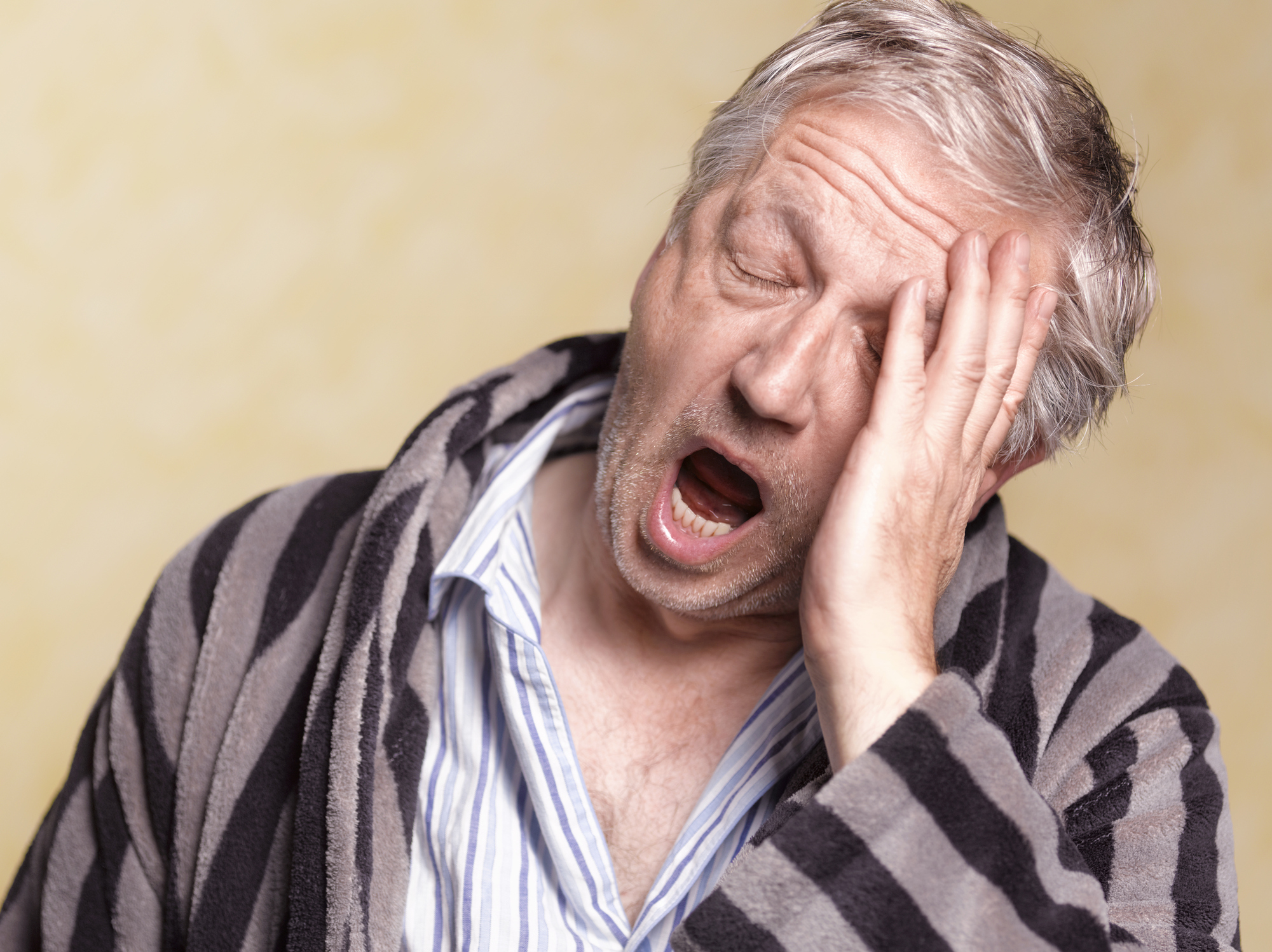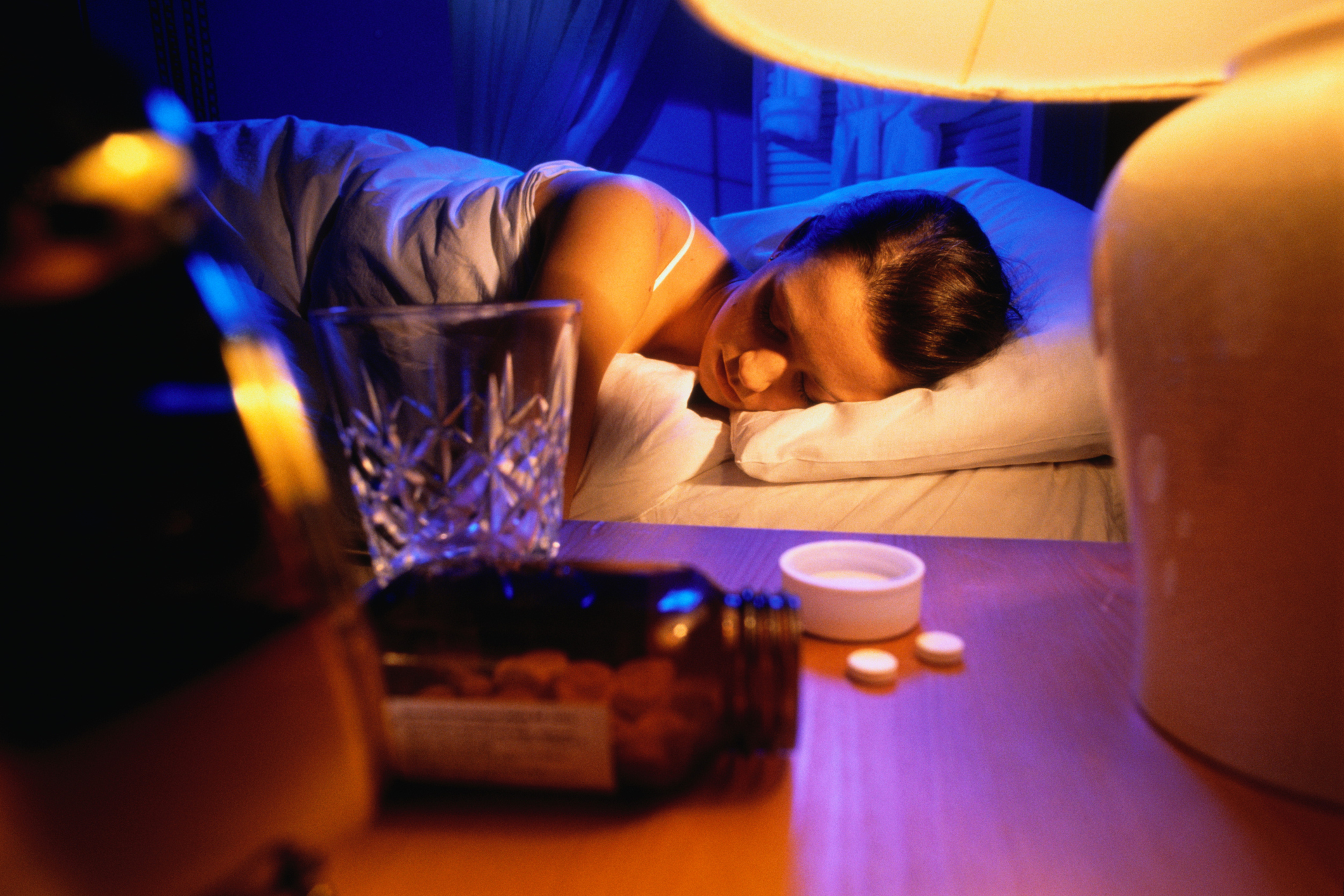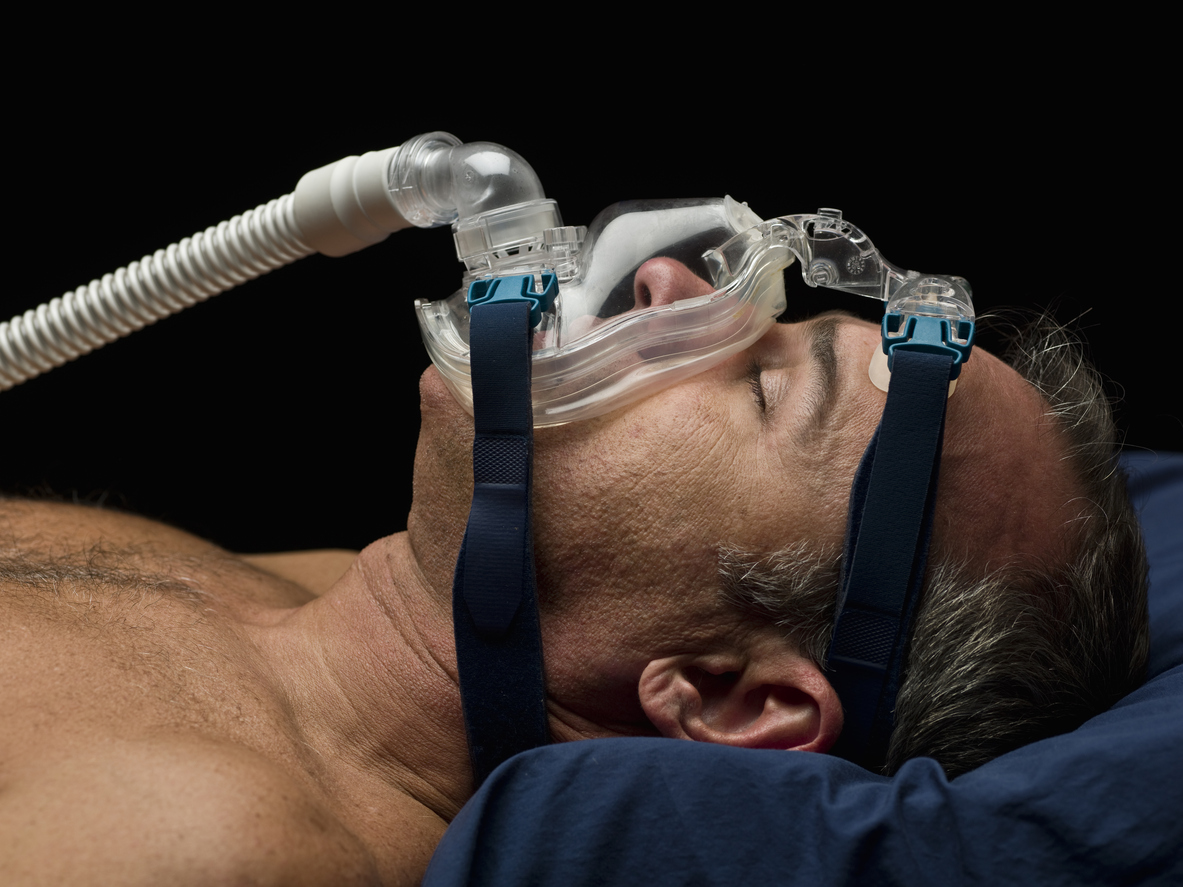
Sleep apnoea is a condition that you could have lived with for years without even knowing it.
The longer you live and the more you grow up as an individual, the more you start to learn about yourself physically and mentally.
As someone who constantly dozed off in classes in high school and on daily commutes to lectures in college, I never considered those instances as anything more than last ditched efforts to catch up on hours of sleep lost the night before.
But these tendencies spilled over into something more troubling.
During a recent summer holiday with a few close friends, they brought my attention to the fact that I was snoring disturbingly loudly in my sleep and my breathing would occasionally cease.
Since that trip, I’ve been stubbornly coasting around a conclusion that may have been foregone for years.
It was the realisation of the very high probability that all of these unusual events were the result of sleep apnoea
What exactly is sleep apnoea

In short, sleep apnoea is the sudden stopping of a person’s breathing during sleep and it’s usually spurred from a severe lack of oxygen in their body.
There are two branches of sleep apnoea.
One is obstructive sleep apnoea, which is a blockage of the airway caused by soft tissue in the back of the sufferer’s throat collapsing during sleep.
The other is central sleep apnoea, which is when a person’s respiratory centre becomes unstable and his or her brain fails to signal the muscles to breathe.
What are the symptoms of sleep apnoea

There are a wide range of lingering effects that result from this particular condition.
High blood pressure is among the most common of symptoms but people could also fall victim to bouts of depression, headaches, and irregular heart beats (the last of which being a physical abnormality I currently live with).
There are more serious and even fatal symptoms that come with sleep apnoea, including diabetes, stroke, heart failure and heart attacks.
How can I discover for myself whether or not I may have sleep apnoea

If you are a man who is overweight, over the age of forty, or with a curiously large neck (seventeen inches or greater), then you have a very realistic chance of having sleep apnoea.
There are many more indicators – some of which I touched on earlier – so it’s imperative that you either regularly check in with a doctor for general health concerns, or schedule a complete physical.
Although some of you may already know what sleep apnoea is, my premature denial initially kept me from learning more about it.
More Trending
My curiosity was livened by the discovery of some particularly unnerving news of a fatal train crash in Hoboken, New Jersey, that killed one woman and injured hundreds of others.
The train conductor responsible was reported to have been experiencing severe sleep apnoea.
Had his condition been known – or better yet, tested (which is now becoming mandatory for the position) – this devastating tragedy could have been easily avoided.
Can I avoid getting sleep apnoea? And how can I combat it if I already have it?
Living a diligently healthy lifestyle is the best way to both stop and prevent sleep apnoea.

Exercising regularly, eating food that is good for your body, and formulating a consistent sleep pattern all go a long way towards fending off this particular condition.
Various other options, like avoiding large meals shortly before bed and moderating the use of alcohol and/or drugs, are also highly recommended.
It’s important to note that having symptoms of sleep apnoea or being diagnosed with the condition does not mean you are doomed in any sense of the word.
You can use devices such as CPAP (Continuous Positive Airway Pressure) masks to help you sleep at night.

They cover the user’s nose and mouth and keep the breathing passage open by applying gentle air pressure continuously.
Sleeping on your front instead of you back also helps prevent sleep apnoea.
Other basic actions such as singing and throat exercises can also help.
By regularly employing these tricks in your daily life, you’ll have increased the chances of keeping sleep apnoea at bay.
Sleep apnoea is a disorder that, while dangerous, can be easily combated.
They say knowing is half the battle, and in this case, it doesn’t hurt to take action along the way.
MORE: What it’s really like to live with an invisible illness
MORE: 15 things you only know if you have narcolepsy
MORE: Are you constantly hungry? Here are the 5 most likely reasons why













